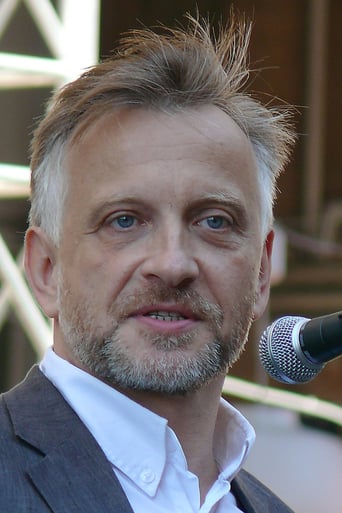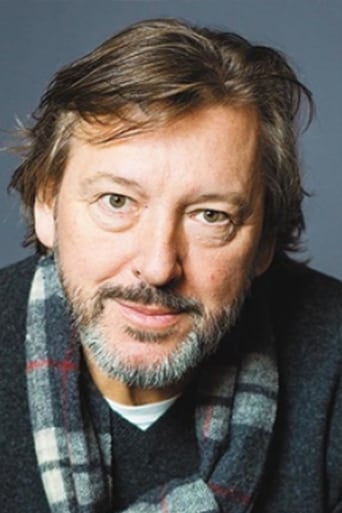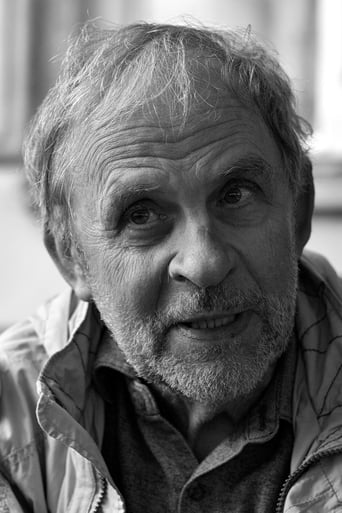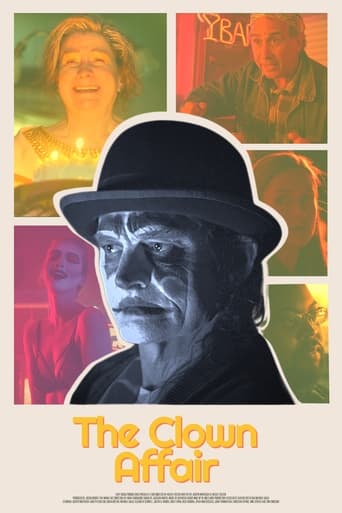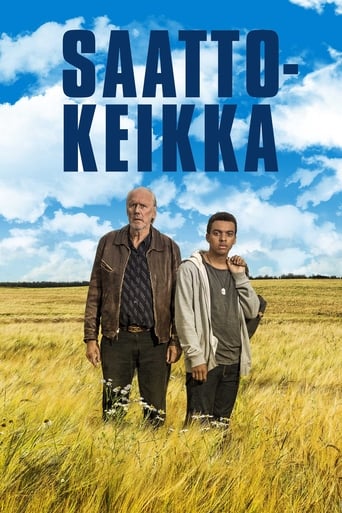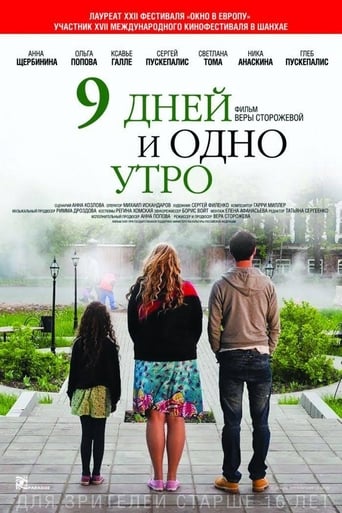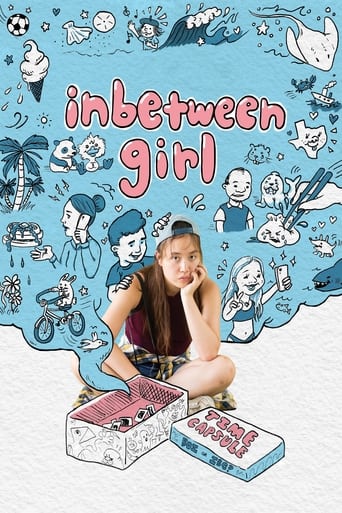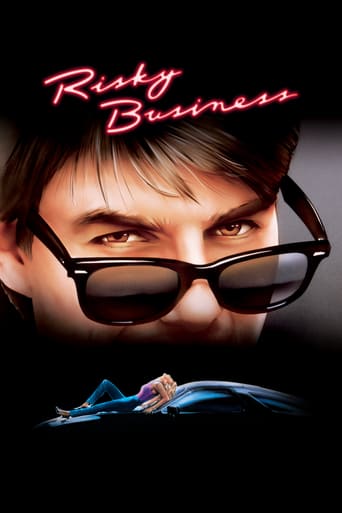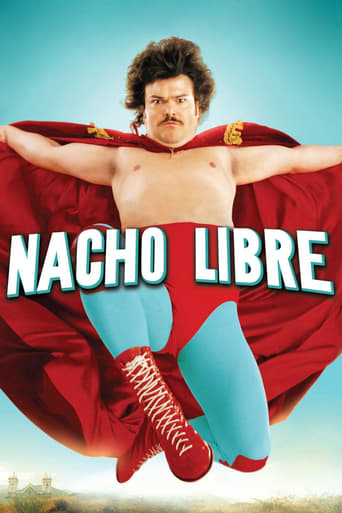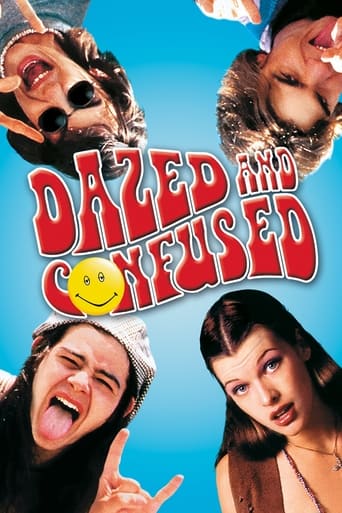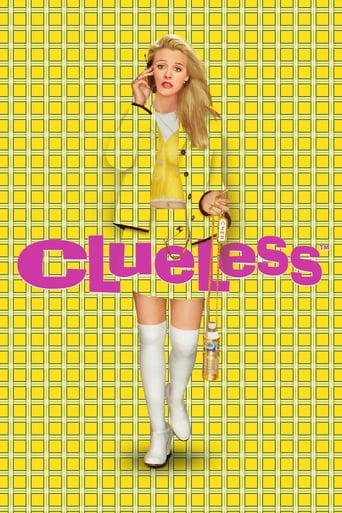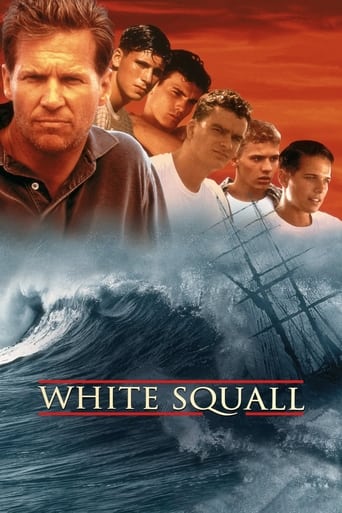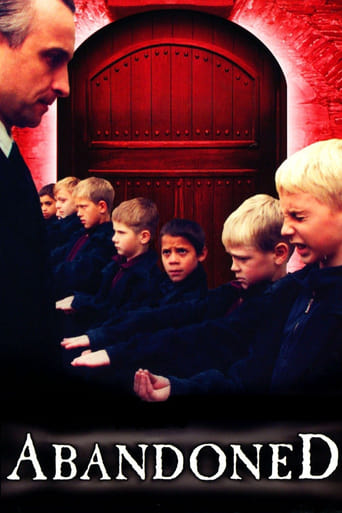
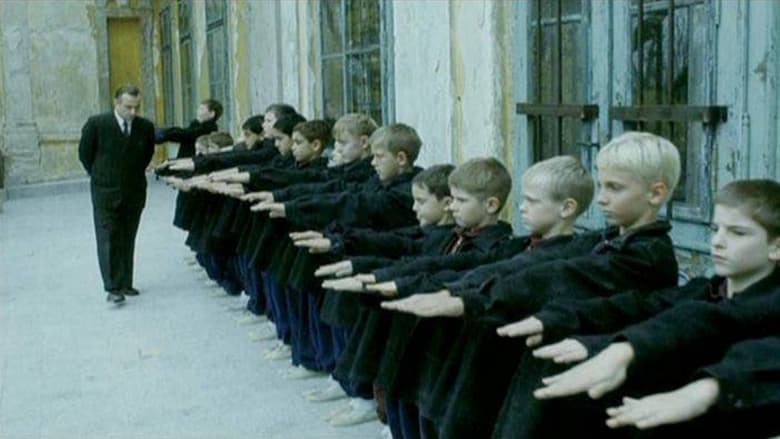
Abandoned (2001)
Áron is a happy child in his family. But at some point things take a different turn, and his mother starts to lose her health rapidly. As this happens, the man in charge decides what's best for Áron without consulting the young boy's opinion, and the boy finds himself thrown out of his warm home into an orphanage in the woods. He's utterly displeased by what's happening, without knowing he has yet to face much worse...
Watch Trailer
Cast


Similar titles
Reviews
People are voting emotionally.
Through painfully honest and emotional moments, the movie becomes irresistibly relatable
While it doesn't offer any answers, it both thrills and makes you think.
It's the kind of movie you'll want to see a second time with someone who hasn't seen it yet, to remember what it was like to watch it for the first time.
We have all (or at least I have) seen tons of stories about kids growing up in an orphanage, without the loving care of parents. You can watch this film as if it were another one of these stories. But it isn't.Though I suspect at least part of the story is autobiographical, Arpad Sopsits manages to turn it into an allegory of dictatorship. Though the boys are completely cut off from the outside world (they do not communicate with anyone from there), the atmosphere pretty much models the general feeling in Hungary after the cruel suppression of the 1956 revolution. Religion is severely punished, humiliation takes place every day, children are made to spy on one another. Nyitrai, the only humane teacher, is known to have been in prison after the revolution, and now finds escape in astronomy and music. The head of the institution is himself scared stiff of the State which might find out if he gets too lenient. When a sadistic teacher is criticized for his methods, he replies: "I'm cruel to them because the world is cruel, too. I'm just preparing them for what to expect outside." The possibility of an idealized, innocent childhood is lost for these children.My parents grew up at the same time as the film takes place. They never encountered such cruelty; nevertheless, I think the film is entirely realistic. Some comments say they can't really identify with this story as it takes place in a very different country. But think it over: does it? I think any dictatorship, big or small, operates the same way. And it is usually invisible to people not directly affected by it.
'Torzók' ('Abandoned') is a brilliant Hungarian film written and directed by Árpád Sopsits that takes us back to Hungary of 1960 when the oppressive Communist rule altered the lives of everyone, especially children. The quality of the film is absolutely first rate from story to acting to filming to scoring. It may be a tough film to absorb and certainly not for the easily offended, but it is a perfectly honed gem of a film that deserves wide audience exposure.Áron (Tamás Mészáros) is a young lad whose life seems warm at first until suddenly a disease of vision impairment attacks his mother and his parents divorce: the mother is somewhere in a hospital and the father (Sándor Gáspár) beats the boy and eventually turns him over to a rigid orphanage for boys run by cruel taskmasters. Áron undergoes initiation tactics by his fellow orphans but despite the beatings he is strong enough to survive. He is befriended when he has his nightmares about his mother's blindness by his friend Atilla (Szabolcs Csizmadia) and the two bond emotionally and physically. In this bleak atmosphere a little light comes from the beautiful young housekeeper Anya (Krisztina Somogyi) but even her contributions are compromised by the cruelty of the staff. There is one 'teacher' in the orphanage school, Nyitrai (László Gálffi) who has been reduced to his position as an 'imprisoned one' by the government and his sadness is offset by his playing his cello and studying his beloved astronomy. Nyitrai offers Áron solace and introduces his 'fellow traveler' to the glory of the stars, giving Áron a map of the heavens that Áron cherishes - his window to a world beyond the dark confines of his prison-like orphanage. He gradually wins over his fellow orphans and when Nyitrai, in the pit of depression for his life situation and the cruelty of the orphanage and the government, hangs himself. This horrid incident drives Áron to organize an escape from the orphanage, an event that is ultimately fractured with a death for which Áron feels responsible. And the end of the film fades into the many possibilities that event could trigger.The atmosphere created by the stunning cinematography by Péter Szatmári defines the darkness that represents the orphanage well but also suggests the darkness in Hungary of that period. The musical score by Péter Fejcsik, Tamás Görgényi, Ferenc Toma, and Balázs Winkler is some of the most beautiful composed for the screen, making tremendously effective use of the cello and lower strings. In all, this is a brilliant piece of film-making, acted with depth in every role, and unveiling a portion of history and tragedy too often pushed to the background of our books. Highly Recommended. Grady Harp
Arpad Sopsits directs a monumental movie in Torzok. Not the Hollywood honey- smeared teddy-bear story. Here, with a masterful skill, he tells a story that, sadly, was and is frequent everywhere in the world.Abandoned by his hating father, Aron is thrown into a world of despair and violence. Endured stoically by the children in a communist-era orphanage, their plight is fundamentally surviving.The way the director-writer casts special spells on some of his characters, makes this film incredibly unnerving, disturbing. The ominous dread of injustice just around the corner, behind every door, at the lips of the traitors, is enough to keep the children in a tense and maddening situation.What makes this film so special is that Sopsits deals with the forbidden in a way that transcends beauty. The beauty of childhood. The beauty of innocence. Against the hatred and folly of the torturers. Religion and religious spirit play a central part in this play. The story unfolds with lots of different wings. Every one of them of different colours and hues. But all of them masterfully intertwined to let the story flow.This film can leave you shattered and shivering. Maybe sobbing in frustration and anger. But the nuances of love, moral spirit and unbreakable will in the children, are more than enough to praise this work as a very deep reflection on good and evil. As a key to try solving the innermost doubts we all have some time in our lives. And to centre our motivations in thoughts of hope, that are always the flames that kindle the human spirit, no matter the age.Since my view of most films is, first, as a cinematographer, I'd like to comment on it, too.The approach to this film is minimalist. Lighting is kept to its bare minimum, pushing film to all what it can give in available light situations. The scenes are lit and photographed in such a way, that effectively conveys the mood of the story.Almost complete darkness is used in some very disturbing scenes. There's no place for joyful moods, except in some of Aron's dreams, that are ethereal and surreal, but extremely powerful. The operation of the steadicam in some scenes is perfect. Everything fits in place to tell the story. And never wanders into worlds of glamour, flashiness, silky and smooth images. The director and his DoP did a job that is almost never seen in big productions. And, from my point of view, this kind of approach leads to realistic images and straightforward story telling. The transfer on DVD is pristine. The sound is absolutely amazing, with a score that may be one of the most naturally haunting I've ever heard, relying mostly on cellos and upright bass. I think there should be a special prize for After Crying... the music is perfect.Winner of so many awards, this film has not been released in Britain and was not shown except in festivals.
This film is set in an orphanage in Hungary in 1960. Aaron is left there by his father. At first the other boys abuse him, but soon they accept him. Unfortunately, the man who runs the orphanage is sadistic and cruel.While the film feels manipulative at times and seems to have the basic message that life sucks, the one word I would use to describe the film is "haunting." The performances are very good, especially considering the young age of most of the actors. The cinematography and direction are also quite good, especially in the arresting dream sequences near the beginning and end of the film. Most people will probably never have a chance to see this, but I highly recommend it if you do. Seen at Cinequest (the San Jose, CA film festival) on 2/22/2002.


